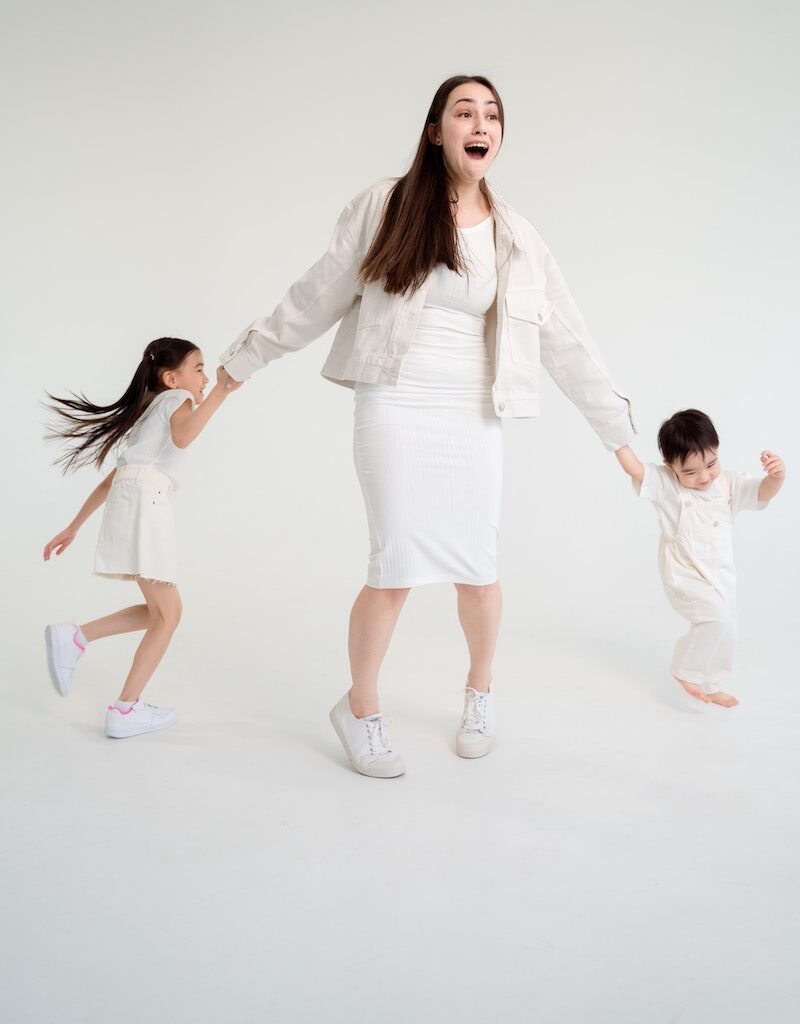Anxiety separation for toddlers can be challenging to deal with, but it is an essential process that both mothers and children need to go through. In this blog post, we will discuss the different ways you can help your child deal with anxiety separation and how you can cope with your own emotions during this time. We hope that this information will be helpful for both mothers and toddlers alike!
What is Separation anxiety?

Separation anxiety is a feeling of anxiousness or unease that can happen when you’re away from home or someone you’re close to. Separation anxiety is a normal and developmentally appropriate emotion for young children to experience when they are separated from their primary caregiver. It typically begins around 6-8 months of age and peaks between 10-18 months. However, some children may continue to experience separation anxiety into toddlerhood and beyond. For many children, the intense fear of being away from mom (or dad) can lead to behavioural problems such as tantrums, clinginess, and difficulty sleeping. Separation anxiety is often triggered by events such as starting daycare or going on a trip without the family.
Triggers of Separation Anxiety in Toddlers?
- Saying goodbye can be tough for anyone, but it can be especially hard for toddlers. When you leave them, they may feel anxious and worried that you’re not coming back. This is normal and nothing to worry about. However, if your child is experiencing separation anxiety regularly, it could be a sign of a more severe problem.
- Large gatherings can also trigger separation anxiety in toddlers. If too many people are around, they may feel overwhelmed and start crying or cling to you.
- Going to sleep can also be difficult for toddlers with separation anxiety. They may have difficulty falling asleep because they’re worried that you’ll leave them alone in the dark.

Separation Anxiety Disorder Symptoms
Separation anxiety disorder is a condition that can cause a lot of distress for both children and their caregivers. Symptoms of a separation anxiety disorder include unrealistic and lasting worry that something bad will happen to the child, refusal to go to school to stay with the caregiver, fear of being alone, nightmares about being separated, and repeated temper tantrums or pleading. If your child is experiencing any of these symptoms, it’s essential to talk to a doctor or mental health professional. However, with proper treatment, most children with separation anxiety disorder can learn to manage their symptoms and lead healthy, happy lives.
How to Handle Separation Anxiety
It is normal for toddlers to feel separation anxiety when they are away from their mothers. This is because they have not yet developed a sense of object permanence, which means they do not understand that people and objects still exist even when they can’t see them. Because of this, it is essential for mothers to be patient and understanding with their children during this time. There are several things that you can do to help your child cope with anxiety separation, including:

- Explain the concept of object permanence to your child in simple terms.
- Encourage your child to express their emotions through art or play.
- Helping your child practice being away from you by gradually increasing the amount of time they spend in daycare or with a babysitter. This will help them get used to the idea of being apart and build their confidence that you will always come back.
- You can also try teaching your child coping mechanisms such as deep breathing or positive self-talk.
- Allowing your child to have a favourite toy or blanket from home with them when they are away from you.
It is also essential for mothers to take care of themselves during this time. Dealing with anxiety separation can be emotionally draining, and it is important to ensure that you are taking care of yourself physically and emotionally. Here are some tips for how you can do this:

- Make sure to schedule some time for yourself each day, even if it’s just a few minutes. This time can be used for anything that makes you feel relaxed and happy, such as reading, taking a bath, or listening to music.
- Talk to your friends or family members about what you’re going through. It can be helpful to know that other people are experiencing similar emotions.
- Seek professional help if you are struggling to cope with your anxiety separation. A therapist can provide you with additional support and resources.
We hope that this information has been helpful for both mothers and toddlers dealing with anxiety separation. Remember, it is a normal and necessary process that both of you will go through! Please don’t hesitate to seek professional help if you need additional support. Thank you for reading!

